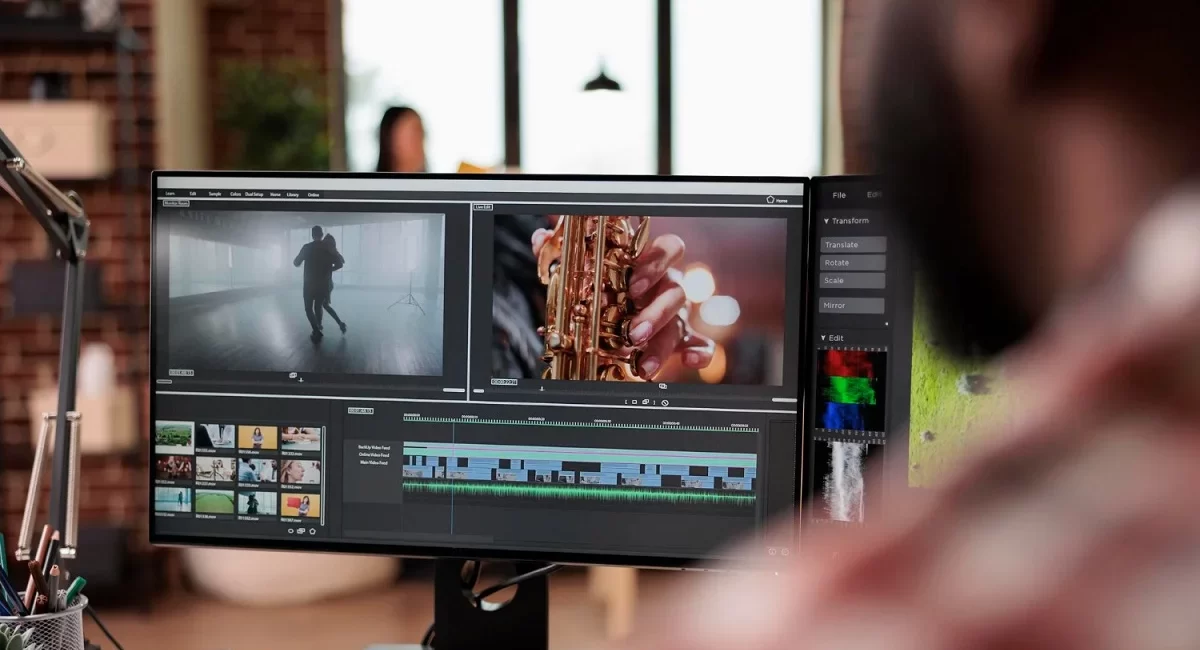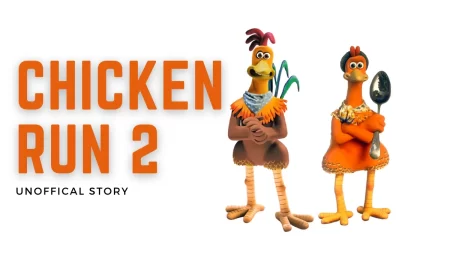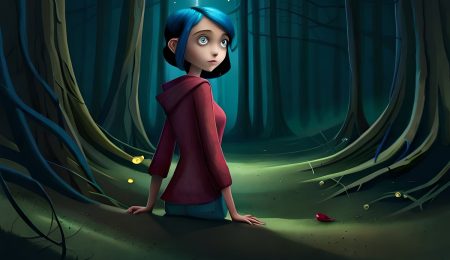Scope of Animation: Unlocking the Wonders of this Creative Field
Animation is a creative field that has captured the imagination of people across the globe. From animated movies to television shows, video games, and even commercials, animation has become a pervasive medium for storytelling and entertainment. Animation has also proven to be a versatile tool in education and training. In this article, we will explore the scope of animation and its many applications.
- Introduction: Defining Animation Animation is the art of creating motion in images, allowing them to come to life. This is achieved by manipulating a series of still images, called frames, to create the illusion of movement. Traditional animation involved hand-drawn images that were photographed frame by frame, but modern animation techniques use computer-generated imagery (CGI) to create the same effect.
- The Growth of the Animation Industry The animation industry has experienced remarkable growth over the past few decades. With advances in technology, the cost of producing animated content has decreased, making it more accessible to smaller studios and independent creators. This has led to a proliferation of animation in various forms, from short films to feature-length movies, television shows, and web series. The animation industry has also created many job opportunities for animators, writers, and producers, and is projected to continue growing in the coming years.
- Applications of Animation in Entertainment Animation has become an integral part of the entertainment industry, with animated movies and television shows attracting millions of viewers worldwide. From classics like Snow White and the Seven Dwarfs to recent hits like Frozen and Toy Story, animation has proven to be a powerful medium for storytelling. Animation has also found its way into video games, with many popular titles featuring animated characters and environments.
- Animation in Advertising Animation has become a popular tool in advertising, with animated commercials and explainer videos being used by companies to promote their products or services. Animation can convey complex information in an engaging and entertaining way, making it an effective way to communicate with consumers.
- Animation in Education and Training Animation has proven to be a valuable tool in education and training. Animated videos and interactive simulations can make learning more engaging and effective, especially for younger learners. Animation can also be used to train employees in various fields, from healthcare to manufacturing, by creating realistic scenarios that allow them to practice and refine their skills in a safe environment.
- The Future of Animation As technology continues to advance, the future of animation looks promising. With the advent of virtual reality and augmented reality, animation can be used to create immersive experiences that blur the line between reality and fiction. The growth of streaming services has also created new opportunities for animated content, with many studios and creators producing original content for platforms like Netflix and Amazon Prime.
Scope of Animation Pakistan
Animation is a field of art that combines storytelling, graphics, and technology to create engaging and interactive visuals. Animation is not just limited to movies and TV shows; it has a wide range of applications, including education, marketing, advertising, gaming, and more. In Pakistan, the animation industry is relatively new, but it is growing at a rapid pace. The scope of animation in Pakistan is vast, and this article will explore the different aspects of the industry, including its potential, challenges, and future prospects.
Overview of the Animation Industry in Pakistan
The animation industry in Pakistan is still in its infancy, but it has a lot of potential. The industry has seen tremendous growth over the past few years, thanks to the emergence of new talent and the availability of affordable technology. There are several animation studios in Pakistan that are producing quality content for local and international clients. Some of the notable animation studios in Pakistan include Post Amazers, Simpatico Studios, and Sketch.
Scope of Animation in Education
Animation has a vast scope in education. It can be used to create engaging and interactive learning materials that can help students understand complex concepts. In Pakistan, there is a growing trend of using animation in education. Many schools and universities are using animated videos to teach their students. The use of animation in education is not just limited to schools and universities; it can also be used in vocational training and e-learning.
Scope of Animation in Marketing and Advertising
Animation has become an essential tool for marketing and advertising. It can help companies create engaging and memorable advertisements that can capture the attention of the target audience. In Pakistan, the use of animation in marketing and advertising is on the rise. Many companies are using animated videos to promote their products and services. The use of animation in marketing and advertising is not just limited to TV commercials; it can also be used in social media marketing.
Scope of Animation in Gaming
Gaming is another area where animation has a significant role to play. Animation is an integral part of the gaming industry, and it can be used to create immersive and interactive gaming experiences. In Pakistan, the gaming industry is still in its early stages, but it is growing at a rapid pace. There are several gaming studios in Pakistan that are developing games with local themes and characters. Some of the notable gaming studios in Pakistan include CaramelTech Studios, Mindstorm Studios, and Dreamnode Studios.
Challenges Faced by the Animation Industry in Pakistan
Although the animation industry in Pakistan has a lot of potential, it also faces several challenges. One of the significant challenges faced by the industry is the lack of government support. The government has not taken any significant steps to promote the animation industry in Pakistan. Another challenge faced by the industry is the lack of trained professionals. The animation industry requires skilled professionals who can create quality content, but there is a shortage of such professionals in Pakistan.
Future Prospects of the Animation Industry in Pakistan
Despite the challenges faced by the animation industry in Pakistan, the future prospects of the industry are bright. The industry has a lot of potential, and it is growing at a rapid pace. With the emergence of new talent and the availability of affordable technology, the animation industry in Pakistan is poised to take off. If the government takes significant steps to promote the industry and provides support to the animation studios, the industry can reach new heights.
Future Of Animation
The field of animation has been rapidly evolving and expanding in recent years, and its future looks even more promising. From 2D to 3D animation, motion graphics, and VFX, the animation industry is continuously growing and innovating. Here are some of the trends and advancements that we can expect to see in the future of animation around the globe.
- Virtual Reality Animation Virtual reality is no longer just a buzzword, and it’s becoming more accessible to consumers. This opens up a new world of possibilities for animators to create immersive, interactive experiences for viewers. With the increasing popularity of virtual reality, we can expect to see a rise in virtual reality animation that will allow viewers to become fully immersed in the story.
- Augmented Reality Animation Augmented reality is another emerging technology that will change the way we experience animation. By overlaying digital content onto the real world, augmented reality animation can create a whole new level of engagement with viewers. This technology will allow animators to create content that interacts with the real world, creating unique experiences that were previously impossible.
- AI-Generated Animation Artificial intelligence (AI) has been transforming various industries, and the animation industry is no exception. AI can automate many tasks that were previously done manually, such as rendering and coloring. Additionally, AI can analyze audience data to create personalized content. We can expect AI-generated animation to become more common in the future.
- Interactive Animation Interactive animation allows viewers to interact with the content, making it a more engaging and immersive experience. With the rise of technologies such as motion capture and facial recognition, we can expect to see more interactive animation in the future.
- 5G Technology The introduction of 5G technology will revolutionize the way we experience animation. With faster download and upload speeds, 5G will enable high-quality, real-time streaming of animation content. This will allow for more seamless and engaging experiences for viewers.
- Sustainability in Animation Sustainability has become a major concern across all industries, including animation. In the future, we can expect to see a rise in sustainable animation practices. This could include using eco-friendly materials, reducing waste, and recycling content.
In conclusion, the future of animation around the globe is full of exciting advancements and trends. From virtual reality and augmented reality to AI-generated animation and sustainable practices, the animation industry is constantly evolving. As technology continues to advance, we can expect to see even more innovative and engaging animation experiences in the future.
FAQs:
Q1. What software is commonly used for animation? A1. There are several software programs used for animation, including Adobe Animate, Toon Boom, and Autodesk Maya.
Q2. What are the benefits of using animation in advertising? A2. Animation can convey complex information in an engaging and entertaining way, making it an effective way to communicate with consumers.
Q3. How is animation used in education? A3. Animated videos and interactive simulations can make learning more engaging and effective, especially for younger learners.
Q4. What is traditional animation? A4. Traditional animation involves hand-drawn images that are photographed frame by frame to create the illusion of movement.
Image by DCStudio on Freepik




Leave a Comment